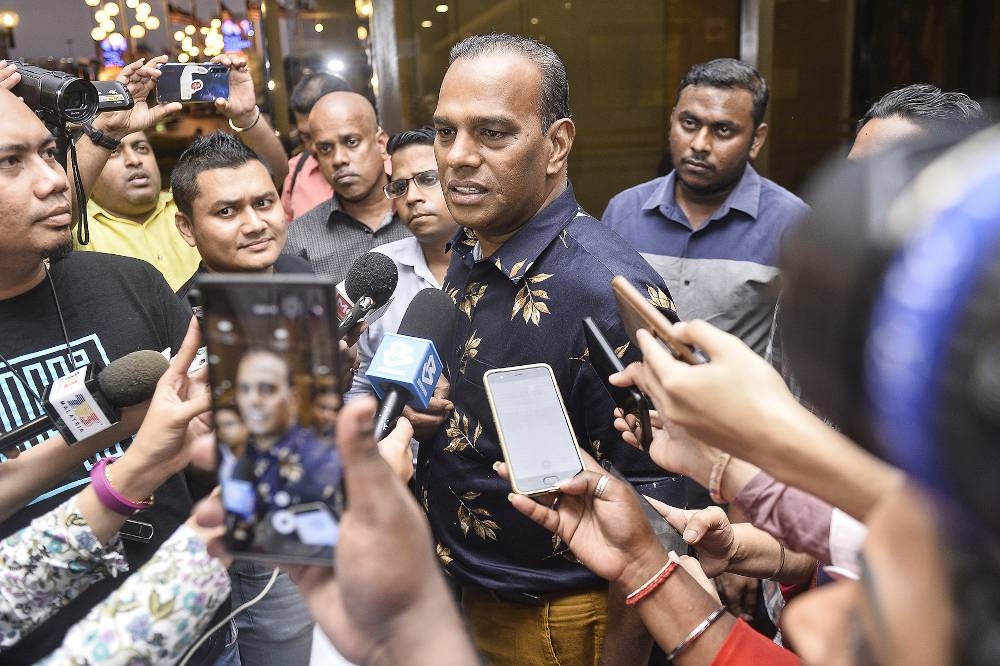KUALA LUMPUR, June 2 — Human Resources Minister Datuk Seri M Saravanan was reportedly greeted by a group of protesters today in Dhaka, where he is leading a ministry delegation for a Joint Working Group meeting on bringing foreign labour to Malaysia.
The protesters reportedly held placards and banners with Saravanan’s face on it with the “No 25 Syndicate” slogan plastered across them indicating they disapproved of the limit of only 25 agencies allowed to bring in foreign workers to Malaysia.
According to Free Malaysia Today, the protesters called themselves the “anti-syndicate movement” who said that limiting the number of agencies will increase the cost of sending a worker to Malaysia to RM18,000, double the previous amount.
The report said that former secretary-general of the Bangladesh Association of International Recruiting Agencies, Shameem Ahmed Chowdhury Noman, hoped the Bangladesh government would reject Saravanan’s proposal, calling it unethical.
“If this was not accepted by any other [migrant worker] source country, then why is he trying to impose it on Bangladesh? It’s very unfortunate for us,” he was quoted saying, referring to Saravanan.
Ahead of his visit today, Saravanan said he was unfazed by threats of the protest over his ministry’s decision to limit the number of Bangladeshi recruiters allowed to send their citizens as labourers here.
He said the more he was threatened, the more he would ban them.
Malaysia has a chronic shortage of workers especially in the plantation and manufacturing industries due to the effects of the Covid-19 pandemic.
As Malaysia transitions into the endemic stage, borders have reopened and more foreign workers are trickling in.
In December last year, Malaysia and Bangladesh signed a memorandum of understanding (MoU) on the recruitment of Bangladeshi workers, effective for five years until December 2026.
Saravanan said in a statement that the MoU outlined the responsibilities of both countries, including those related to the employers from Malaysia and workers from Bangladesh as well as the duties of private employment agencies in both countries.



















